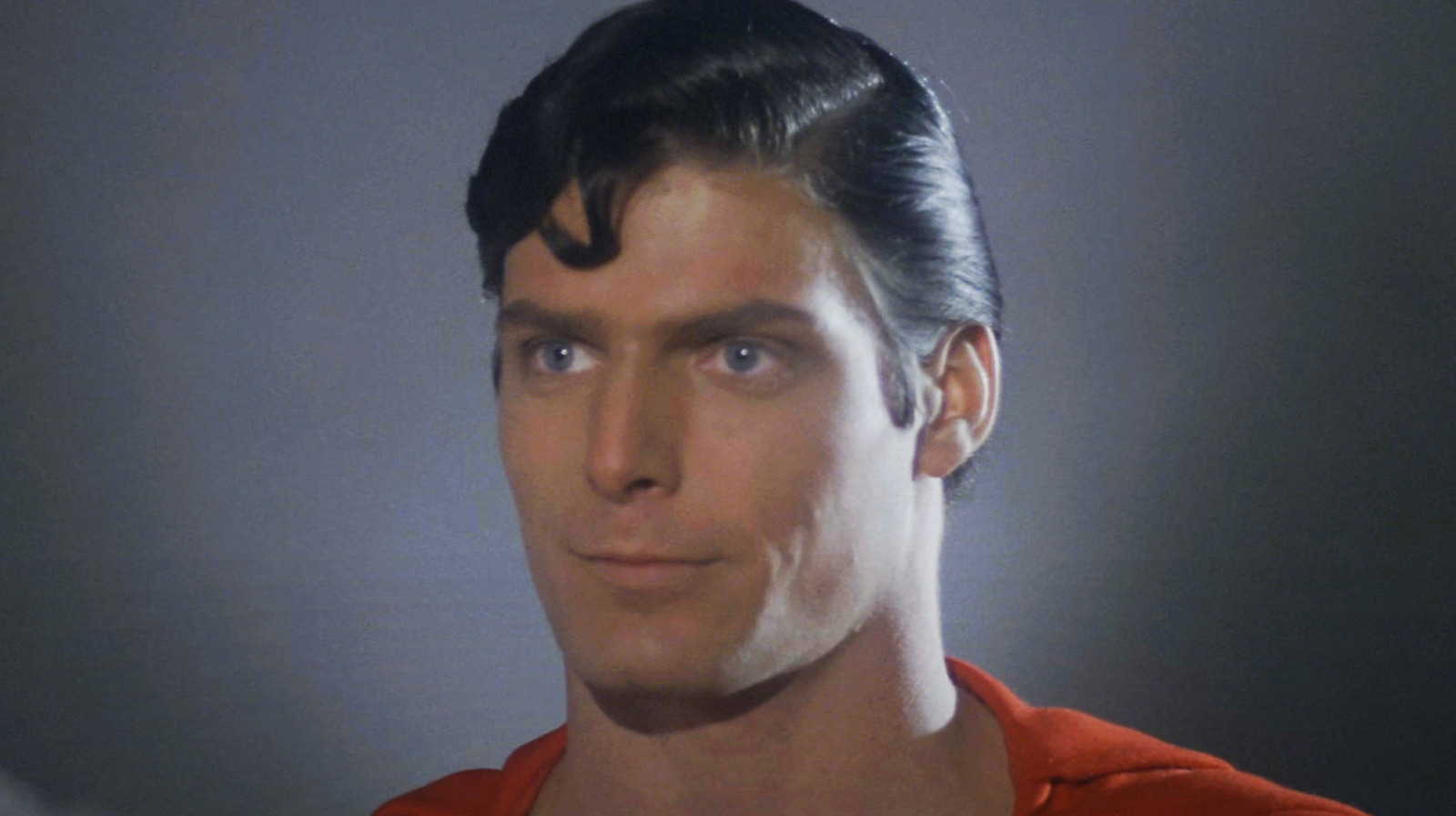Celebritiy
Top and Bottom Superman Films According to IMDb

The Best and Worst Superman Films According to IMDb
The influence of Richard Donner’s groundbreaking 1978 film “Superman” cannot be overstated. Much has been discussed regarding its role in shaping the modern blockbuster era, and the praise is entirely justified. However, what truly set “Superman” apart was its remarkable ability to let audiences genuinely “believe a man can fly.” Donner’s respectful adaptation of the source material elevated the film beyond mere comic book origins, creating a narrative that embodied the principles of hope, justice, and truth that Superman represents. It also challenged the skepticism surrounding comic book adaptations, paving the way for future films in this genre.
Since that original film and its sequels, we have seen a plethora of live-action interpretations of the iconic superhero. Following Christopher Reeve’s tenure in the role, Bryan Singer attempted to revive the character in 2006 with “Superman Returns.” Although it paid homage to the Reeve era, the film has not been widely remembered since its release. Yet, it possessed its own merits, and Brandon Routh’s performance as Superman was commendable.
The darker, more complex vision of Superman came in 2013 with Zack Snyder’s “Man of Steel,” introducing Henry Cavill in the role. Following the success of Christopher Nolan’s Batman films, this version of Superman aimed for a more gritty reboot style. Over time, the consensus around Cavill’s portrayal has been he was a strong Superman, but unfortunately, he did not star in a similarly great film.
Determining which live-action Superman movie reigns supreme can now be quantified through the collective opinions of IMDb users. As many may know, IMDb ranks films based on user ratings, including the classic “The Shawshank Redemption” as the greatest film in history. Still, when it comes to Superman, the site distinctly recognized the 1978 original, with a rating of 7.4 based on approximately 192,000 votes. Interestingly, “Superman II: The Richard Donner Cut” holds a slightly higher rating at 7.6 from roughly 20,000 votes, but since it is a director’s cut not directly edited by Donner, it falls into a separate category.
On the opposite end of the spectrum, the title of the worst Superman movie goes to 1987’s “Superman IV: The Quest for Peace,” which barely scraped by with a score of 3.7 from 54,000 votes. By that time, Donner had long departed, and it was clear that Reeve’s heart was no longer in the role. If they were alive today, both would likely agree with this ranking.
Following suit, “Man of Steel” secured the second spot in the IMDb rankings with a 7.1 rating based on 854,000 votes, while 1980’s “Superman II” came in third at 6.8 from 117,000 votes. The fourth position was occupied by “Batman v Superman: Dawn of Justice,” with a score of 6.5 based on 764,000 votes, and fifth was “Superman Returns,” sitting at 6.1 with 294,000 votes. Just above the worst-rated film, “Superman IV,” is the almost equally poor “Superman III,” which garnered a 5.0 score from 76,000 voters.
As Christopher Reeve is famously quoted in the poignant and uplifting documentary “Super/Man: The Christopher Reeve Story,” Hollywood has been plagued for decades by a phenomenon known as sequelitis. Had he been present to witness the chaotic releases of today’s superhero genre, he might have been disheartened, especially considering the mixed reception of “The Flash” in 2023. Reeve was acutely aware of the industry’s tendency to churn out sequels and followed through on his contractual obligations, despite longing to branch out to other roles away from the cape that made him a star.
Ultimately, the legacy of Reeve and Donner’s interpretation of Superman remains unparalleled. While audiences today are more accustomed to various actors portraying the character, the definitive nature of their take was felt deeply during an era prior to the saturation of superhero narratives. For those who grew up in the 1990s, Reeve’s Superman represented the embodiment of the character, and watching that original film on VHS felt like experiencing the source material itself.
John Williams’ iconic score has become synonymous with the character, and it would do wonders if it were incorporated into any upcoming adaptations. The resonance of that original work, alongside its direct sequel, continues to set the standard against which all subsequent adaptations are measured. In conclusion, it is both gratifying and validating to see that IMDb users have recognized the true essence of these classic films.
